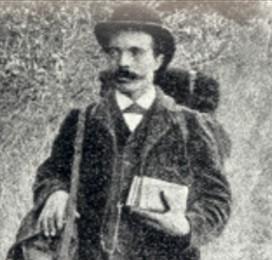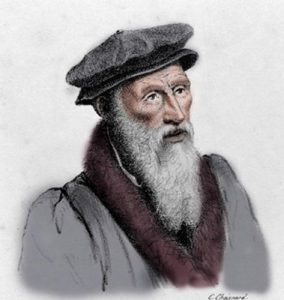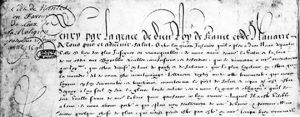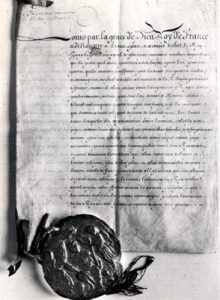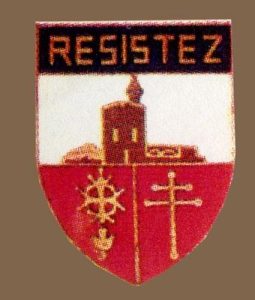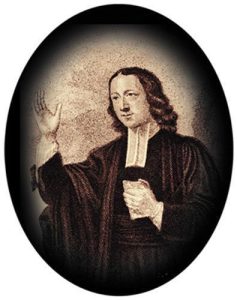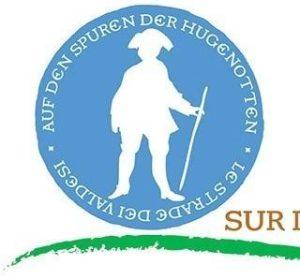The history of the Reform Movement in the Dauphiné
This museum was opened in 1961 and deals with three main periods of protestant history in the Dauphiné ; mention is also made of the Waldensians, travelling preachers who spread the gospel from the XIIth century onwards in this area.
These three clearly defined periods, are illustrated by various objects and documents :
- In the first period, the Reform Movement is symbolized by Guillaume Farel, who came from the Dauphiné ; there is also information about the setting up of the first churches, the wars of religion and the rules implemented by the Edict of Nantes.
- The second period begins at the Revocation and includes religious persecution, Isabeau Vincent and the prophets, the Church of the “Désert”.
- The third period spans the period from the Revolution in 1789 to the building up of a united protestant church with Tommy Fallot and Marc Boegner. The time when the Church was restored its civic rights and the various “revival movements” are also included.
- During the Second World War period the subjects treated are the Resistance and rescuing the Jews from the hands of the Nazis ; within the last 40 years the ecumenical movement has inspired many to believe in a “new reform” of the Church.
In one of the rooms of the museum you can see a collection of modern mosaics depicting biblical, religious or poetic themes.
A library can be found next to the museum where French and international students or those doing research can find rare works and also archives containing various documents ; parish registers, family records, correspondence etc…
Every year, there is a temporary exhibition with a different theme, for example the protestants of the Dauphiné in the second world war, the Waldensians, the French Church of London and French protestant refugees in Great Britain, the fourth centenary of the Edict of Nantes, the ninth centenary of the order of St. John of Jerusalem, etc.
Protestant Museum of the Dauphiné
Temple du vieux village
F-26160 Le Poët-Laval
Tél : +33 (0) 4 75 46 46 33
Contact : mdpd@wanadoo.fr

